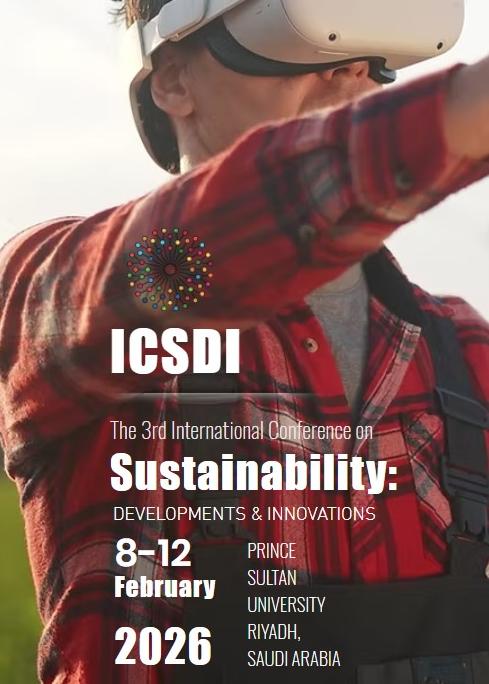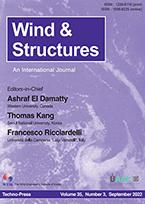Rethinking Human-Centeredness: Bridging Environmental and AI Ethical Discourses (Topoi. An International Review of Philosophy)
RHC
- URL: https://link.springer.com/journal/11245
- Call For Paper Type: SI
- H2 Index: 0
Artificial Intelligence Philosophy Bioethics Environmental Sciences Ethics
CFP: Rethinking Human-Centeredness: Bridging Environmental and AI Ethical Discourses
Special Issue of Topoi. An International Review of Philosophy
Paper submissions are invited for the special issue of Topoi entitled: Rethinking Human-Centredness: Bridging Environmental and AI Ethical Discourses. In the face of pressing issues such as climate change, the loss of biodiversity, AI-driven surveillance, biases embedded in machine learning algorithms, the special issue aims to critically examine the concept of human-centeredness in the field of applied ethics and from both historical and systematic perspectives.
Special issue article publications often bring higher citations and visibility than regular papers and attract more relevant readership due to its scope. Topoi is indexed in the Web of Science under AHCI, currently in Quartile 1 and placed in the top-10 ranked Philosophy-Category journals, with a 2023 IF of 1,3 and CiteScore of 3,1.
Guest Editors:
· Stefania Achella, Full Professor of History of Philosophy at University of Chieti-Pescara, Email: stefania.achella@unich.it
· Jean-Gabriel Ganascia, University Pierre et Marie Curie of Paris, Email: Jean-Gabriel.Ganascia@lip6.fr
Description:
A notable tension underpins the debate on human-centeredness. On one side, scholars engaged in environmental studies advocate for a paradigm shift away from considering humans as the focal point of existence. Conversely, ethicists working in AI emphasize the perils associated with technology that disregards human-centric principles. In light of these perspectives, our objective is to achieve a nuanced and comprehensive understanding of the dynamic interactions among humans, nature, and technology. Concepts such as autonomy, vulnerability, and empathy assume divergent interpretations across these fields, underscoring the imperative for a collaborative approach to reconciling human-centric and nonhuman-centric frameworks.
The special issue, 'Rethinking Human-Centeredness: Bridging Environmental and AI Ethical Discourses' presents a distinctive opportunity to advance both intra- and interdisciplinary dialogue. By re-evaluating the concept of human-centeredness from both historical and systematic perspectives, we aim to uncover novel insights that may profoundly impact our understanding of the intricate nexus between human and nonhuman activity and technological developments. We welcome contributions that examine this topic from a range of viewpoints and disciplines, as such diverse contributions are likely to enhance our comprehension and stimulate innovative research trajectories.
Potential topics include (but are not limited to):
• Conducting a comparative analysis of the concepts of autonomy, vulnerability, empathy, and agency across the domains of both environmental studies and AI and robotics development.
• Tracing the historical trajectory and the progression of intellectual paradigms of human-centered thought from the classical era through the Renaissance to modernity and post-modernity.
• Investigating the intersections and divergences among various interpretations of humanism and human-centeredness.
• Proposing comprehensive interpretive frameworks that integrate approaches to human-centeredness across both the natural sciences and humanities.
Submission DEADLINE: Please submit your paper by April, 04, 2025. Should you not be able to meet this deadline, please contact the Lead Guest Editor (contact details below).
Online SUBMISSION: Please use the journal’s Online Manuscript Submission System (Editorial Manager).
Author Submission’s GUIDELINES: Authors are asked to prepare their manuscripts according to the journal’s standard Submission Guidelines.
EDITORIAL PROCESS:
· When uploading your paper in Editorial Manager, please select “SI: RETHINKING HUMAN-CENTEREDNESS” in the drop-down menu “Article Type”.
· Papers should not exceed a maximum of 9000 words.
· All papers will undergo the journal’s standard review procedure (double-blind peer-review), according to the journal’s Peer Review Policy, Process and Guidance
· Reviewers will be selected according to the Peer Reviewer Selection policies.
· This journal offers the option to publish Open Access. You are allowed to publish open access through Open Choice. Please explore the OA options available through your institution by referring to our list of OA Transformative Agreements.
· Once papers are accepted, they will be made available as Online articles publications until final publication into an issue and available on the page Collections.
CONTACT: For any questions, please directly contact the Lead Guest Editor at digithumanprin@gmail.com














